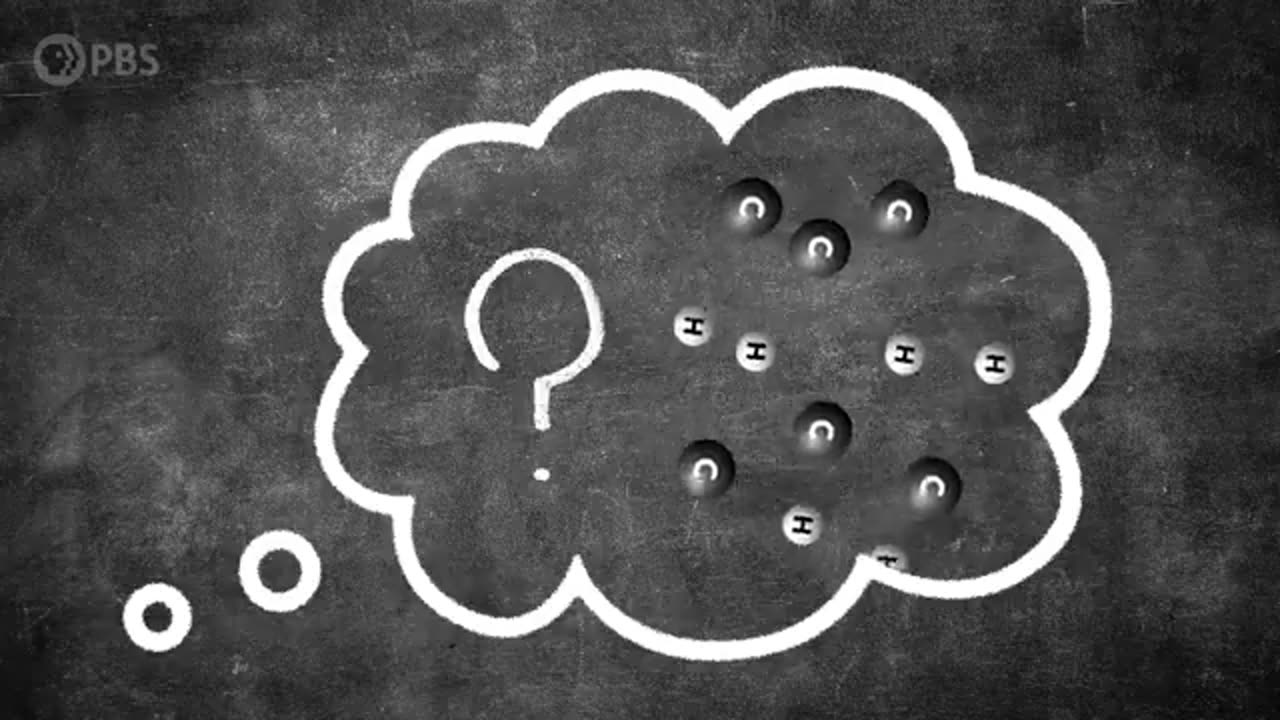Premium Only Content

The Strange Science of Why We Dream (1)
Dreams have fascinated scientists, philosophers, and storytellers for centuries, but their exact purpose remains elusive. Research into why we dream is part of the broader effort to understand consciousness and the brain's functions. Here's an exploration of some prominent theories and findings related to dreams:
---
### **1. Memory Consolidation**
One of the most widely accepted theories is that dreams help consolidate memories and process information. During REM (Rapid Eye Movement) sleep, the brain strengthens neural connections linked to learning and experiences from the day. Dreams might represent the "sorting" process where irrelevant details are discarded, and significant memories are integrated.
---
### **2. Emotional Regulation**
Dreams could serve as a kind of "emotional therapy." Studies suggest that dreaming about distressing or significant experiences helps the brain process and regulate emotional responses, allowing us to face those feelings in a safe environment.
---
### **3. Threat Simulation Theory**
Proposed by Finnish psychologist Antti Revonsuo, this theory posits that dreams allow us to practice responding to threats in a simulated environment. This could have evolved as a survival mechanism, preparing us for real-life dangers by rehearsing reactions in the dream state.
---
### **4. Creativity and Problem-Solving**
Dreams often present bizarre or nonsensical scenarios, which some researchers believe help in thinking outside the box. There are numerous anecdotes of breakthroughs inspired by dreams, such as Paul McCartney's "Yesterday" melody or Mendeleev's periodic table.
---
### **5. Random Neural Activity**
The Activation-Synthesis Hypothesis suggests that dreams result from random neural activity during sleep. The brain tries to make sense of this activity, weaving it into narratives that we experience as dreams.
---
### **6. Psychological Theories**
Freud famously theorized that dreams are the "royal road to the unconscious," revealing hidden desires and unresolved conflicts. Carl Jung expanded on this idea, suggesting dreams reflect archetypes and the collective unconscious.
---
### **7. Maintenance of Cognitive Functions**
Dreaming may help keep the brain's cognitive functions sharp. Some researchers believe that the act of dreaming is necessary for maintaining mental flexibility and preventing mental "stagnation."
---
### **Scientific Challenges**
Studying dreams is inherently challenging because they are subjective experiences. Advances in neuroimaging and sleep studies are helping scientists uncover how and why the brain produces dreams, but much remains speculative.
---
Dreams may serve multiple functions rather than fitting into one single explanation. Regardless of the ultimate answer, the act of dreaming appears to be a crucial component of our mental and emotional health.
-
 LIVE
LIVE
Inverted World Live
3 hours agoTrump's Medbeds | Ep. 115
3,825 watching -
 2:03:41
2:03:41
TimcastIRL
3 hours agoTrump To Deploy National Guard To Chicago, Federal TAKEOVER Begins | Timcast IRL
164K115 -
 LIVE
LIVE
PandaSub2000
8 hours agoLIVE 10pm ET | SILENT HILL F w/TinyPandaFace
185 watching -
 1:26:00
1:26:00
Glenn Greenwald
9 hours agoNick Fuentes On Censorship, Charlie Kirk's Assassination, Trump's Foreign Policy, Israel/Gaza, the Future of the GOP, and More | SYSTEM UPDATE #523
90.5K283 -
 LIVE
LIVE
StevieTLIVE
5 hours ago#1 Kar98 Warzone POV Monday MOTIVATION
119 watching -
 LIVE
LIVE
a12cat34dog
4 hours agoTHE *NEW* SILENT HILL :: SILENT HILL f :: IS IT GOOD!? {18+}
95 watching -
 1:00:21
1:00:21
Akademiks
2 hours agonba youngboy live show.
23.5K2 -
 LIVE
LIVE
The Quartering
2 hours agoThey Just Stopped Another Attack, Trump Defeats Youtube, Hasan PIker Meltdown & More
1,819 watching -
 2:03:20
2:03:20
megimu32
2 hours agoOn The Subject: Football Movies of the 90s & 2000s
1.18K3 -
 DVR
DVR
Technically Mexican
3 hours agoI Play Hollow Knight: SILKSONG! #18
436